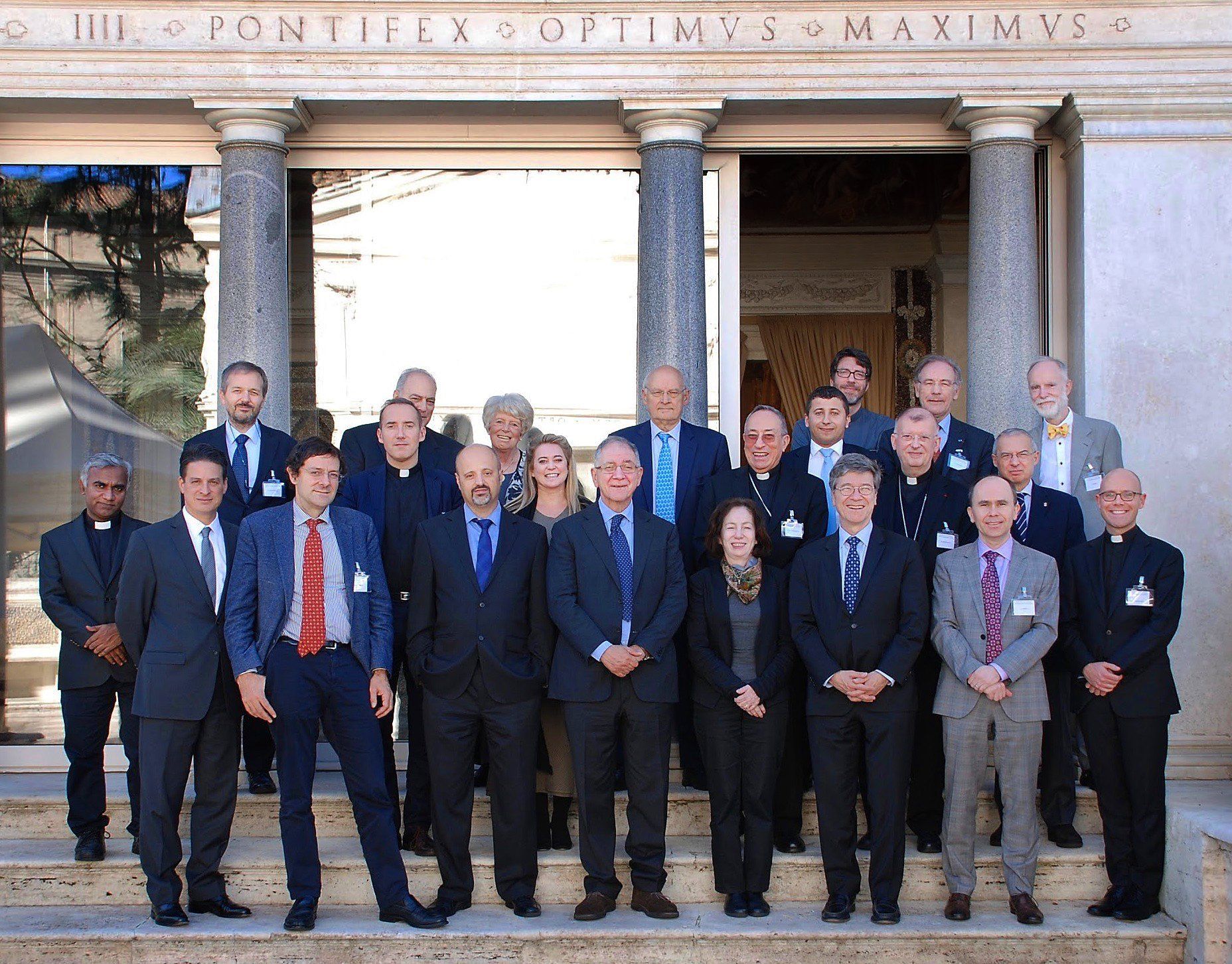Addressing “Integration of Marginalized People,” Social Inclusion
Oct. 28, 2016
[ Casino Pio, Vatican City ]— The workshop “Inclusive Solidarity and Integration of Marginalized People” brought together university representatives, philanthropic organizations, and Catholic religious leaders to discuss ways to achieve inclusive and sustainable development. The focus was on promoting social inclusion and decent work for all, including in the informal economy, as a means to lift people out of extreme poverty. The workshop explored grassroots campaigns to address urban segregation and exclusion, recognizing that poverty is a complex issue driven by cultural, economic, and political factors.
The workshop aimed to mobilize local-to-global actions to achieve inclusive and sustainable development. The primary focus was on means of social inclusion to help lift people from extreme poverty. Social inclusion can only occur when there are equal opportunities to participate in the social and economic activities that make up society. The challenge is how to extend the benefits of a prosperous economy to those who are excluded, typically those suffering from extreme poverty.
Promoting decent work for all workers, including those in the informal economy, was highlighted as the most effective route to inclusion. The workshop addressed what global leaders can do to bring billions of people out of the shadows, as nearly 20% of the world’s population lives in extreme poverty and an additional 40% live on less than $2 per day. The workshop aimed to change the reality where marginalized people are displaced, subjected to trafficking, and reduced to “laboring bodies” without recognition as human beings.
Poverty is a product of cultural habits, economic institutions, social structures, and politics. The emergence of social businesses demonstrates the potential for a shift in behavioral change, and the economy needs the diversity that social enterprise provides to maintain its resilience. While the proportion of the world’s population living in extreme poverty has declined in the past 25 years, the gains have been uneven, with the greatest concentrations still in Sub-Saharan Africa and South Asia. Poverty and environmental degradation are stoking violence and conflicts in significant parts of the world, highlighting the interconnectedness of these issues.
Click Here to Read More
JOIN OUR NEWSLETTER
We will get back to you as soon as possible
Please try again later


Follow Us
Blue Chip Foundation focuses on alleviating extreme poverty through economic, educational, and social enterprise initiatives in support of the United Nations' Sustainable Development Goals (SDGs)
